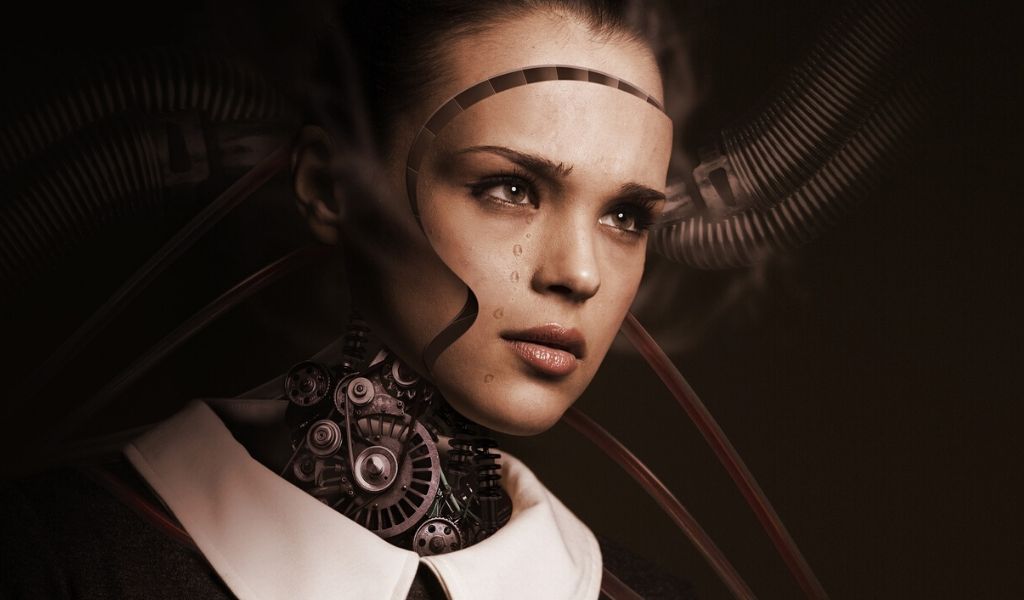
Throughout history, great scientific discoveries and technological advances are often followed by a sense of inevitability, that nothing will be as it once was, and a fear of the imminent change. It is no coincidence that the term “revolution” is often used to define these events, such as the scientific revolution, the industrial revolution, and more recently, the digital revolution.
True to tradition, the great changes of the digital age are both hailed as extraordinary achievements and denounced as the end of the human dominion over the world and the beginning of the age of total machine control. In Non essere una macchina: Come restare umani nell’Era digitale (Don’t Be a Machine: How to Stay Human in the Digital Era), Nichola Agar guides readers through a debate on the theme, to better understand what the so-called “digital revolution” is, and how it can be seen as part of human history. The book does not aim to offer simple solutions, in fact, it complicates the issue as it leads readers along a reflection on important current themes.
Read more on Luiss Open [Italian]